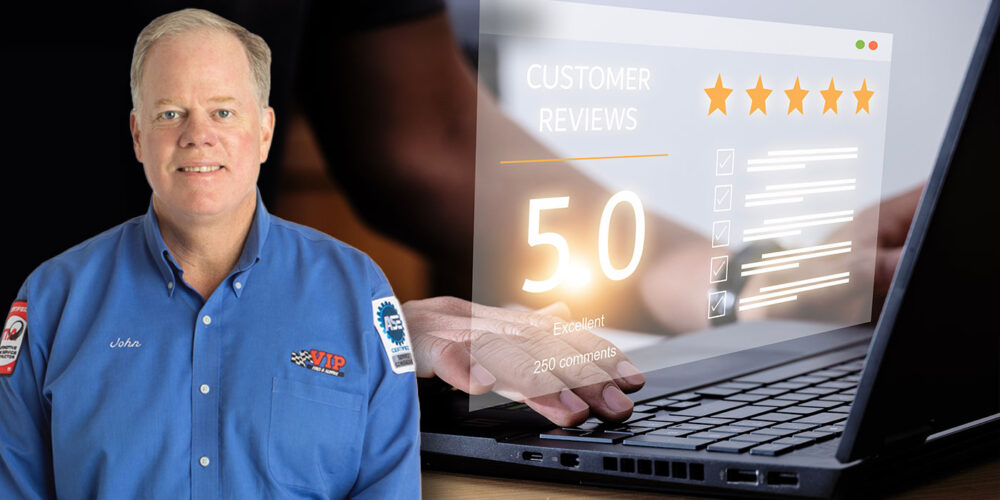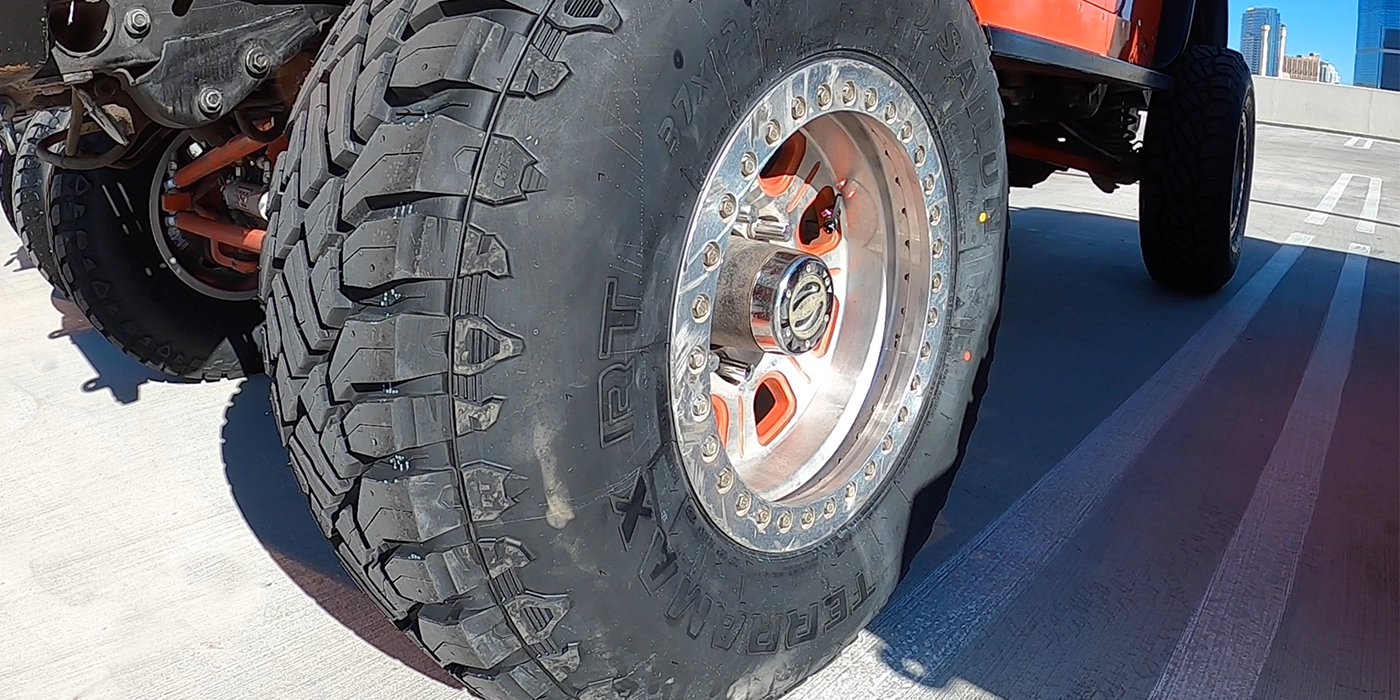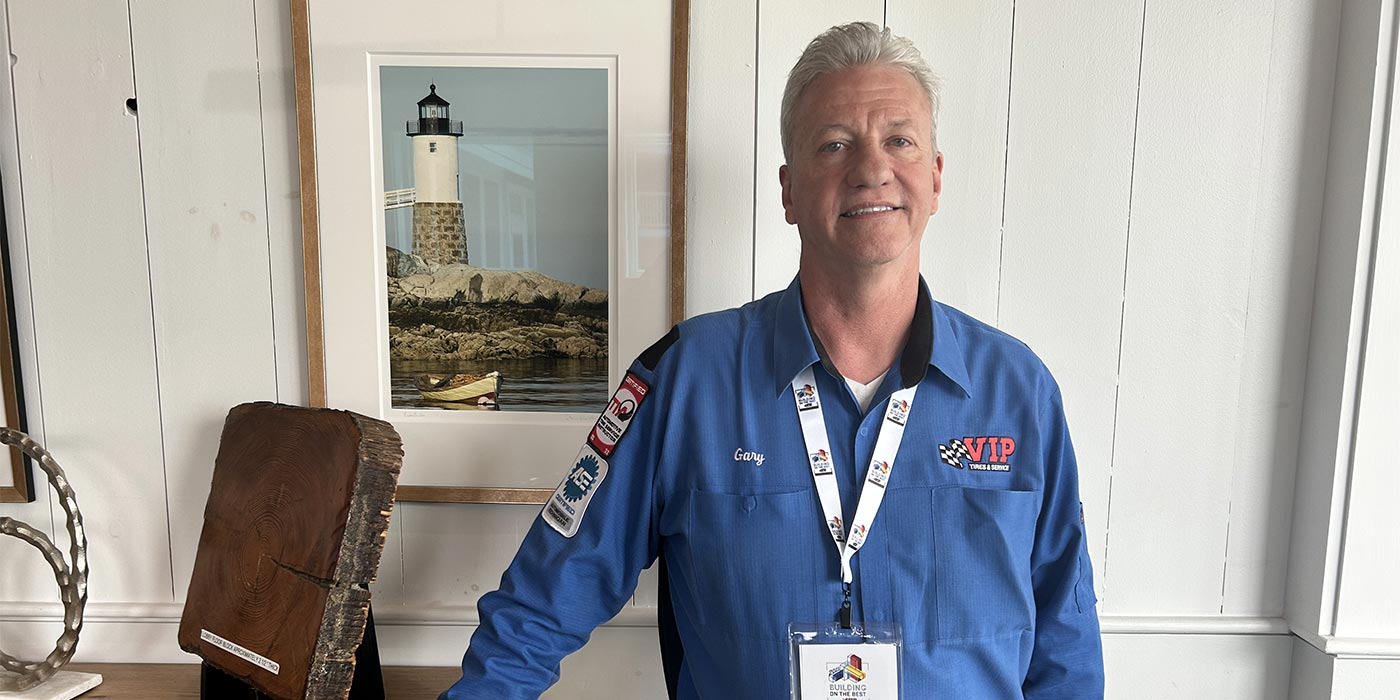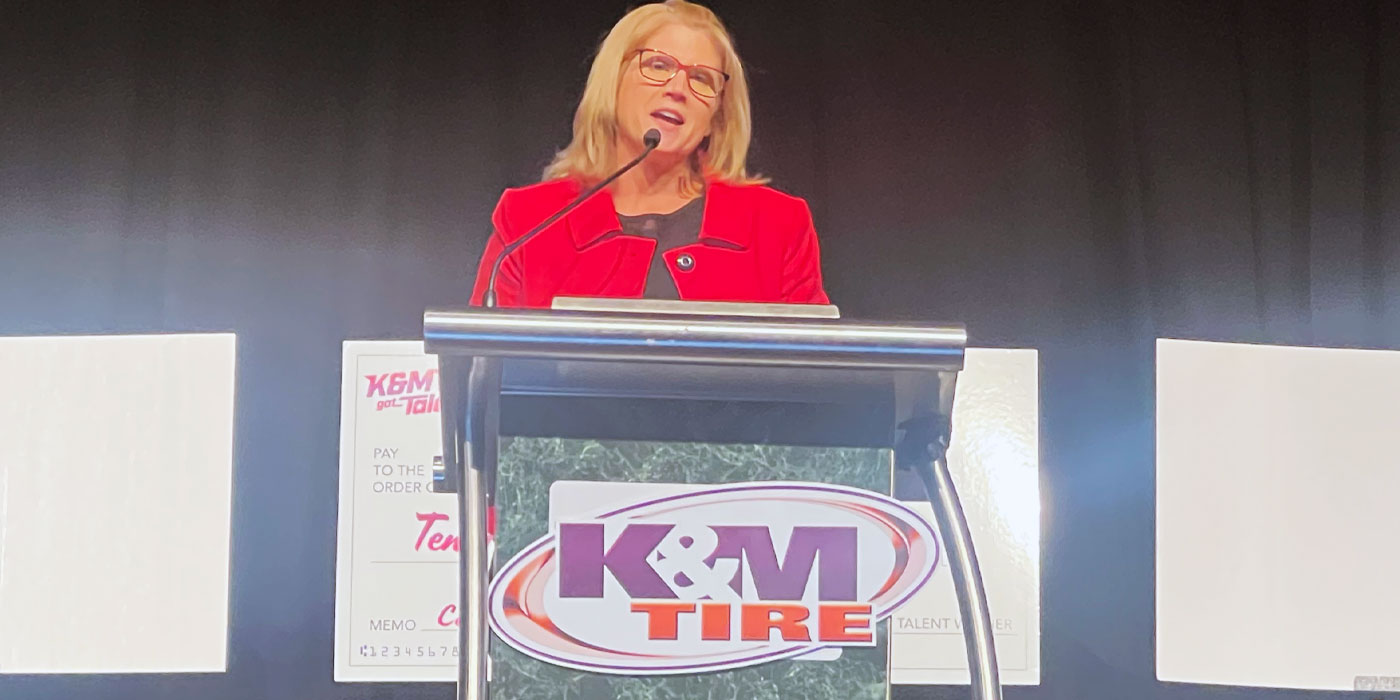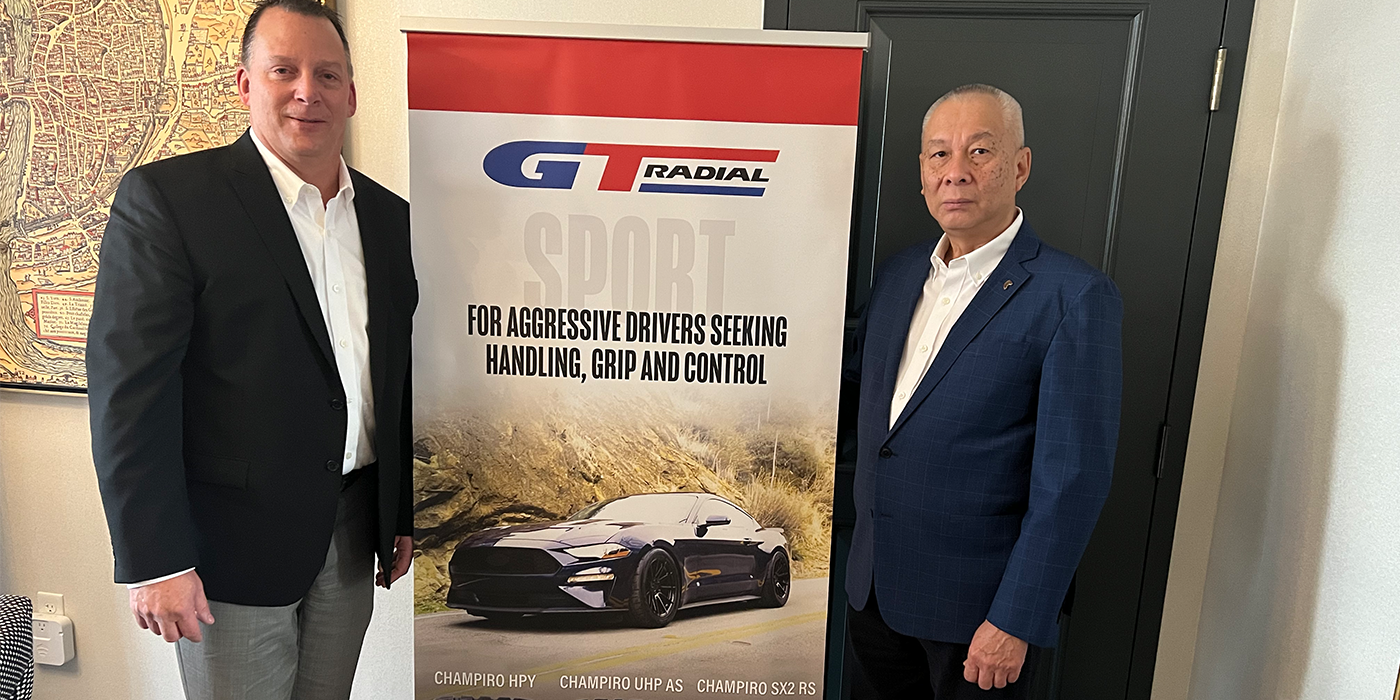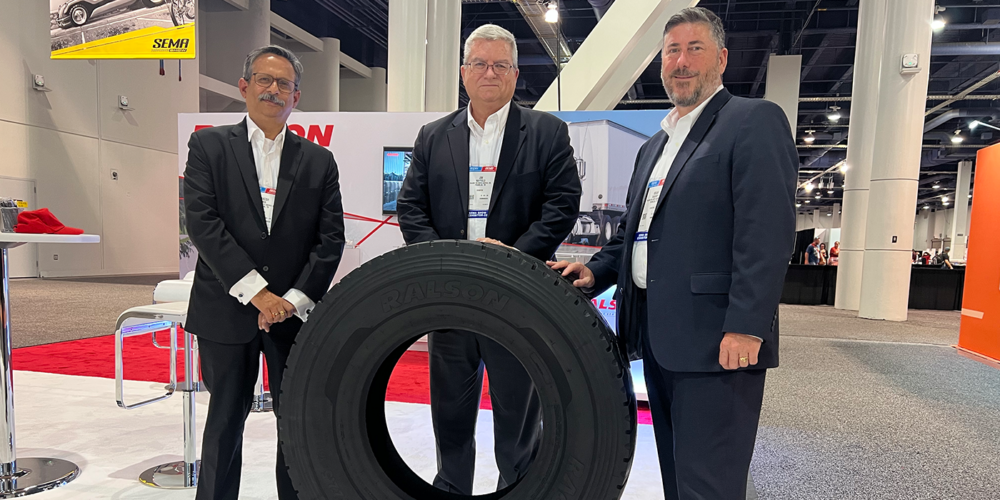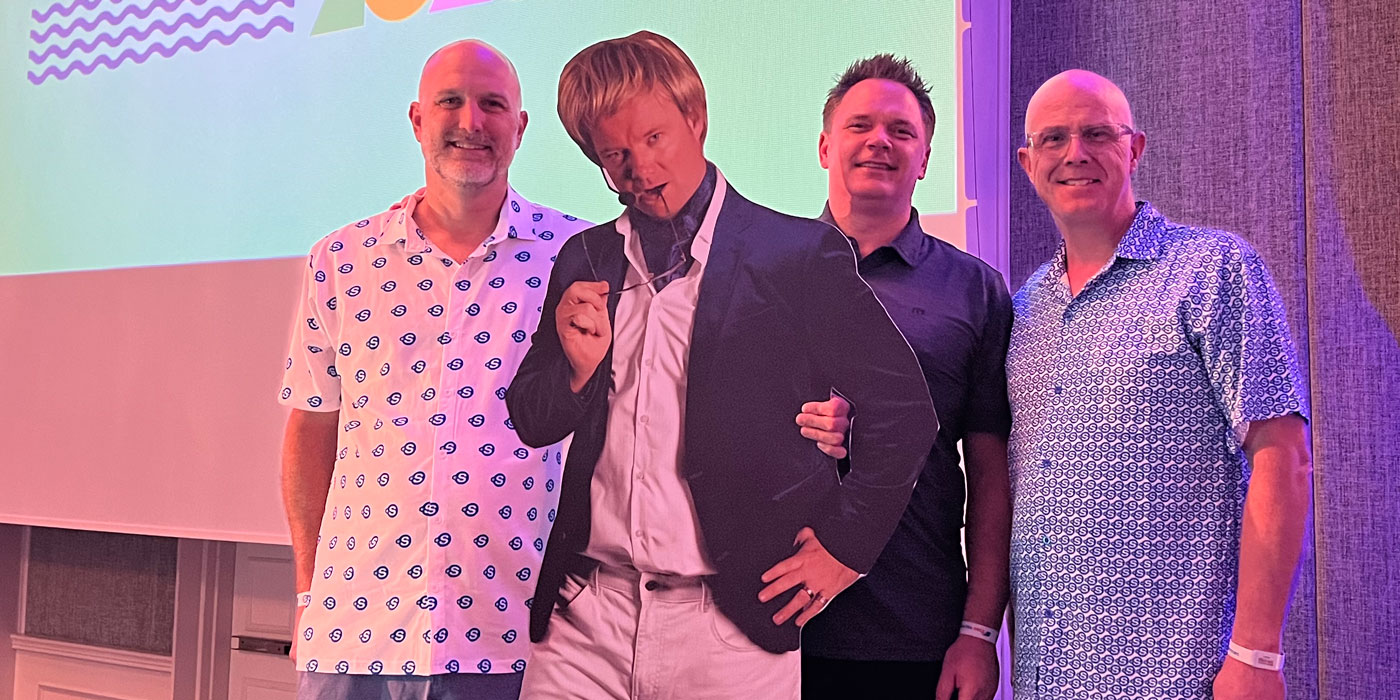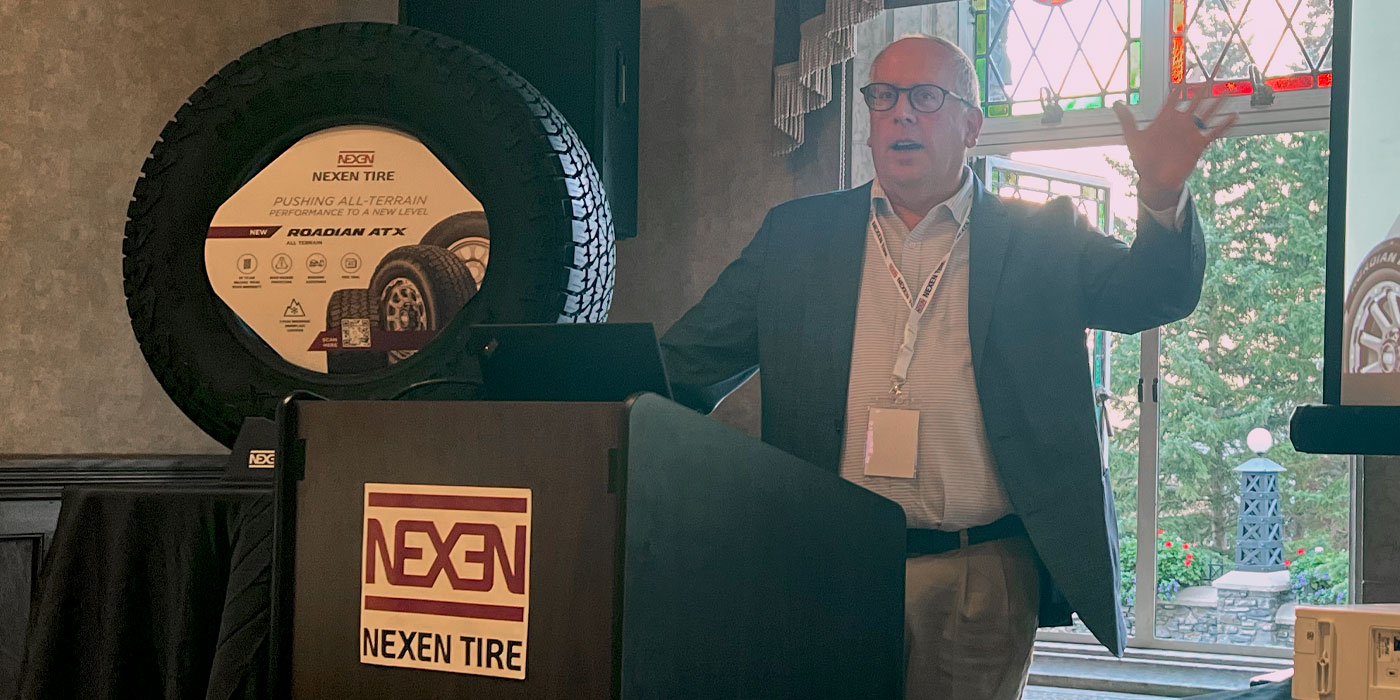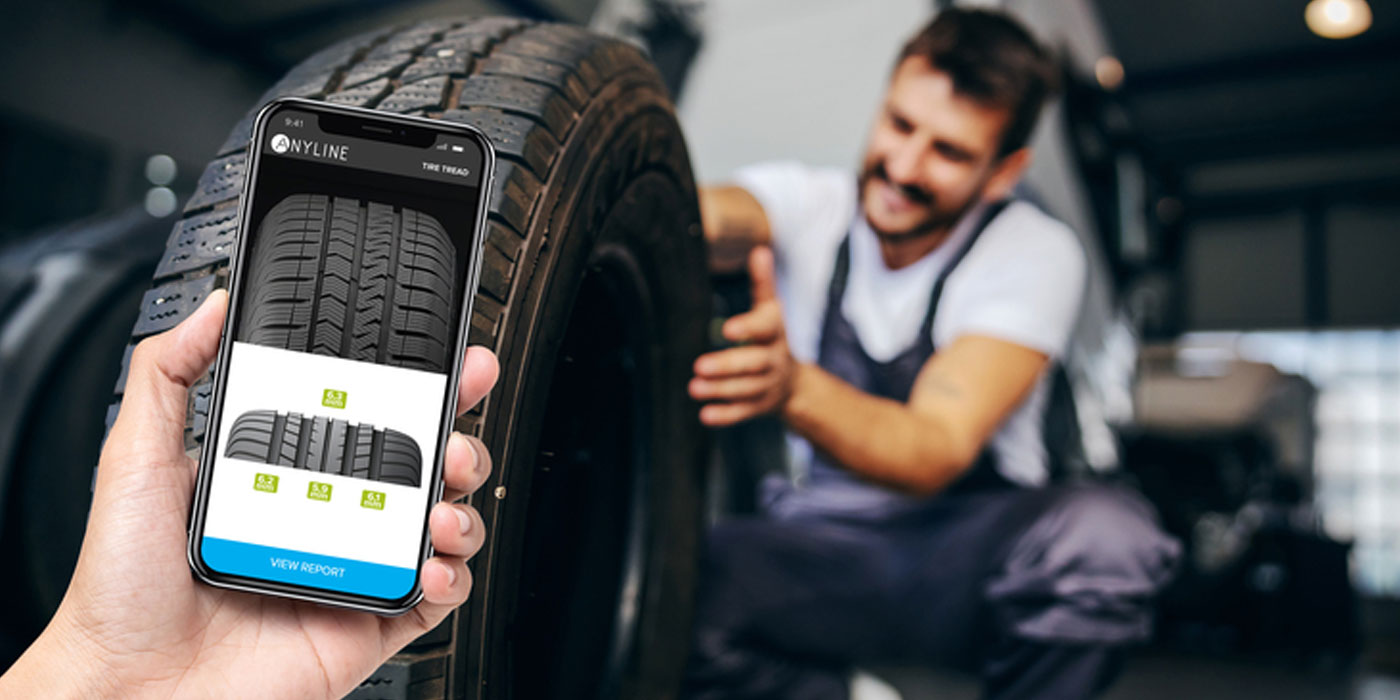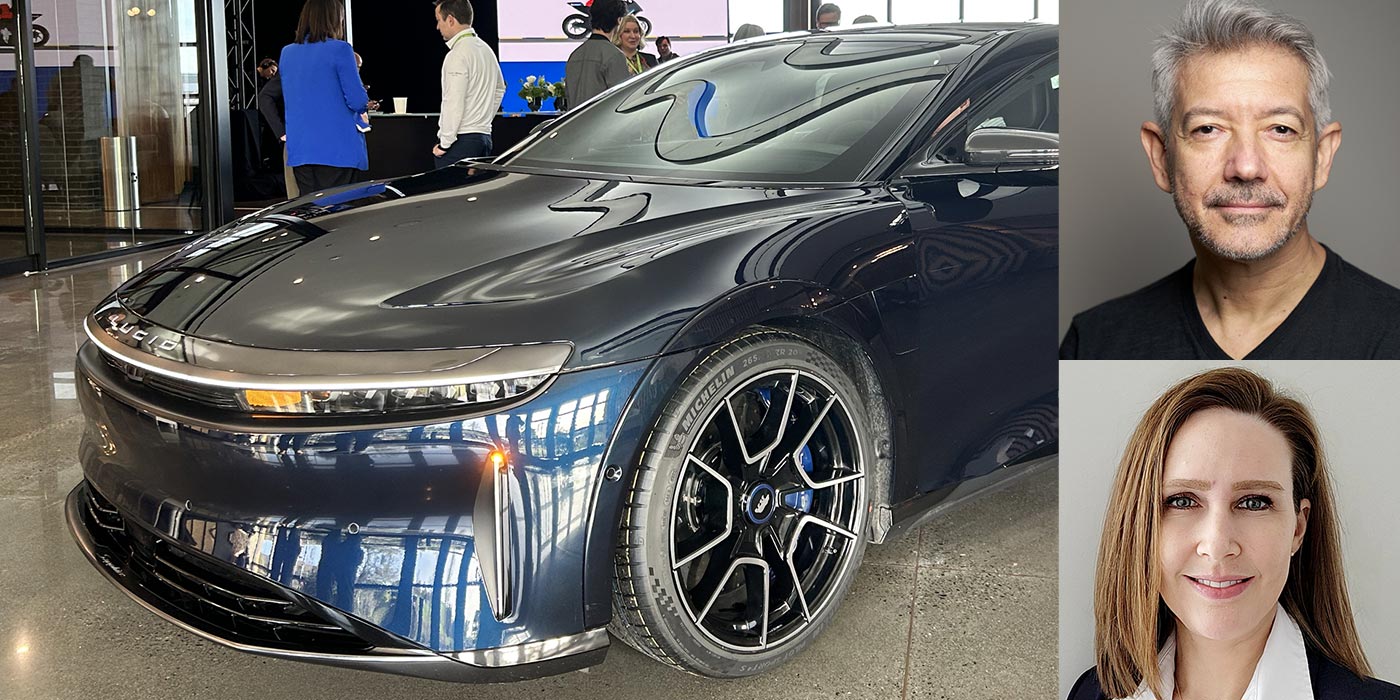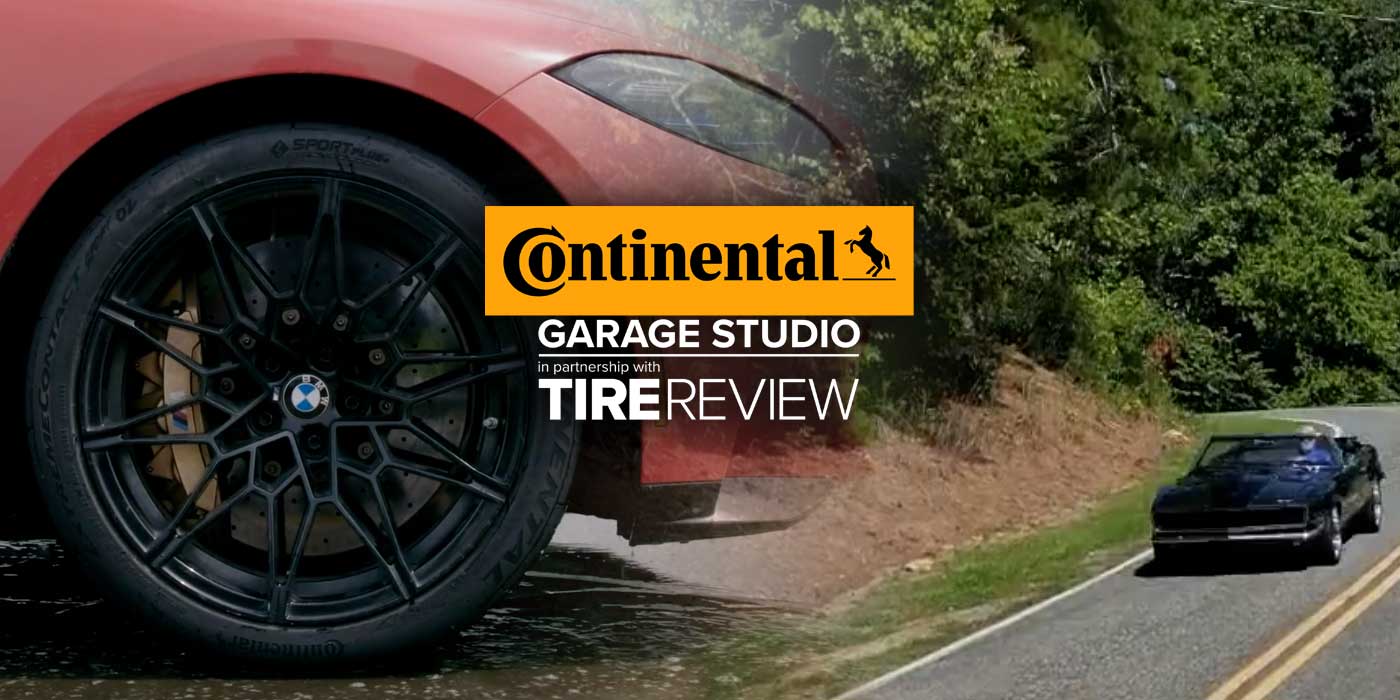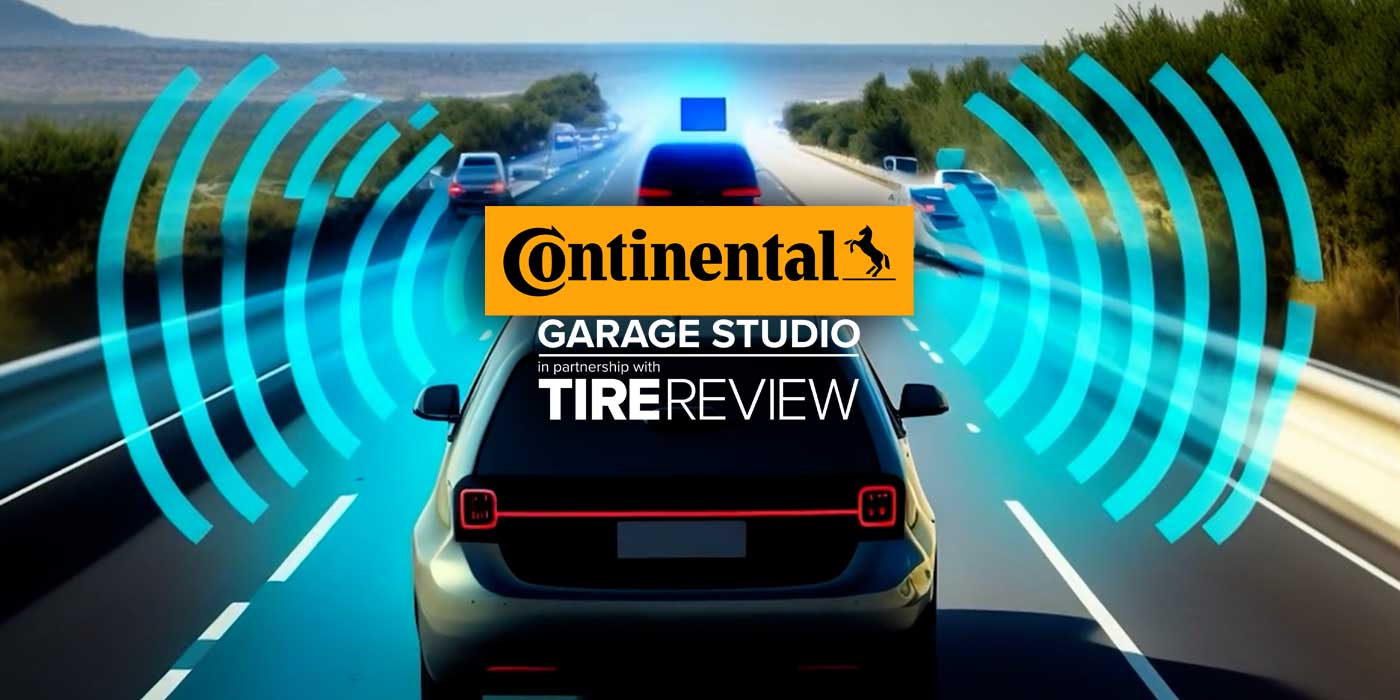In many industries, expansion tends to equal success in the eyes of the public. Some may argue that the size of a business should be its sole measurement for success. Anyone who’s been in the tire industry for long enough, though, will tell you that adding more stores is just one slice of the pie – and if you ask John Quirk, executive chairman of VIP Tires & Service, that slice is a pretty small one compared to having the right people.
“The real estate’s the easy part. Having the right leadership and the team is everything. That’s the whole ball game,” he says.
VIP has been adding stores steadily over the past several years, thanks in large part to earning a loyal customer base that acts as a pillar of the business’s marketing strategy via word-of-mouth advertising. Quirk says these customers do not simply support VIP due to getting great service; it’s because his people build relationships with the customer. In fact, he stakes his business on keeping those customers for life.
I recently had the opportunity to sit down with Quirk and pick his brain about what he feels are the secrets to running a successful business, and these are his five words of advice for keeping customers coming back.
1. Don’t get comfortable behind the counter
John Quirk: We don’t look at ourselves as being in the selling business, we look at ourselves as being in the education business. Your primary function at VIP is to help educate the customer about their vehicle, and if you really, truly do that through a lens of integrity, you don’t stand behind some counter, which is a barrier between you and the client. A lot of people find that really threatening in a way.
When you go out to the parking lot with the customer, you get to see their car, too. When I look at someone’s car, I’m already thinking about what this person might be like by how they keep their car. Is it pristine? Really particular? Or is it a car that you can tell has beat on for a while? You learn so much. I also like to start the car with the customer in the parking lot so I can listen for exhaust issues and see if there are any lights on the dash.
Once we onboard the customer, we’ll talk about how their experience at VIP is going to be a little bit different – we hope for the better. If you’re here for an oil change, we aren’t just going to do your oil change. We’re going to actually look at your car and you’re going to meet the technician who’s working on your car, and we’ll make sure your vehicle is safe to operate.
Unfortunately, our industry’s had a reputation – some of it well-earned – where people are just trying to make a sale. In this industry, but not at VIP, you sometimes hear these buzzwords: “Pad the ticket. Commission. Shake the car down.” All these things are industry words that other people use. But our mission as a company is to earn an automotive customer for life. Even a new recruit here knows that means to be straight and honest with people.
2. Thou shalt educate thy customer on their owner’s manual
John Quirk: About 35% of the total service opportunity in the aftermarket today is all fluid exchanges. If you change the fluid and the filters in your car, your car could last for up to 300,000 miles or more. That is not unheard of at all today. Just do it based on the factory recommendation. That’s the other thing: We don’t make up our own recommendations. We only follow what the factory recommended. Anytime we ever recommend anything to a customer, they can read it in their owner’s manual. But, nobody reads their owner’s manual.
People think just changing the oil is maintenance. Well, it is maintenance, but there are other fluids, rotating tires, basic stuff that if you do it, you can make your car last a lot longer, be safer, and with a much better fuel economy. It’s not all that sophisticated.
The average vehicle on the road now is almost 12-and-a-half years old. The average car coming in VIP today has close to 150,000 miles, and it’s probably on its third owner. Even with newer vehicles the length of ownership has grown a lot. Most people used to turn cars over in four or five years, but now it’s approaching seven-plus because cars are so expensive and they last longer.
3. You can’t invest too much in your people
John Quirk: I always say, “The primary responsibility for a manager at VIP is to get their people promoted.” We’re asking you to forge a relationship with your customer, but this is a team-based strategy. Before you get really good at educating the customer, you need to be working together as a team really well, which means you, as the manager, need to invest time in all of your people.
During our regular store meetings, we talk about how if we want to be transparent with our customers, we have to be transparent with ourselves. So, we do an anonymous survey every year. It’s the coolest thing. No question, the best ideas that we’ve made over the last eight to 10 years have come directly out of that process. We send the survey out blind, it’s truly anonymous, and then we send a copy to every employee in the company word for word what the employees say about the company and themselves and us. We don’t redact anything. Then, we meet with every employee in the company and we just talk about the business. You’d be amazed what we get out of it.
One of the best ideas that ever came up was around training. It was the first year we were doing this, and I was up in Presque Isle, Maine. There was a technician who’d been working with the company for 13 years. He’s this bear of a guy. He lives off the grid and he’s got hands twice the size of mine – he’s a great technician. But, every time I went in the store, he never wore his uniform, and he thought of himself as a mechanic, not a professional technician. During the meeting, I asked him: “You’re a professional technician, why don’t you wear your uniform? Why don’t you have your accreditations on your sleeve?” I kept poking him and poking him during the meeting. Well, I finally poked hard enough and he yelled – I mean, really yelled – back at me, “What’s in it for me, John!?”
I remember getting in the car and driving home. Gary MacCausland [senior vice president of operations and merchandising] and Tim Winkeler [CEO] were in the same car, and it was still like six hours to get home, and I’m steaming, going like, “Can you believe him barking at me like that?”
Then Tim goes, “John, he’s right. What’s in it for him? Is he going to get a raise because he gets an ASE certification?” I didn’t say anything, and Tim goes, “These guys, they’re living in the woods. They have to pay for the test upfront. They have to figure out how to register. They have to drive to Bangor, which is three-and-a-half hours away, and if they don’t pass the test, the company doesn’t reimburse them. So why the hell would he take these tests?”
It just finally clicked for me. So, by the time we got all the way home, I said, “You know what? We’re going to pay for everything upfront.” We told people that for every two ASEs they get, they’ll get an automatic raise. Their boss doesn’t have to put in a payroll change notice, either. The HR department will immediately track all the accreditations and immediately give them a raise, and these aren’t trivial raises either.
The year before, when we made the employees pay for everything and then we reimbursed them, the company spent like $3,800 on ASE fees. A year later, after we launched it, we spent over $100,000. The best hundred grand I ever spent, by far. It lit a fire under everybody. It told everyone that we want the best people and the company’s willing to invest.
4. Earn your growth
John Quirk: We have in our budget to grow by four stores this year, but I’m not chasing. It’s not like I want to get to 100 or whatever the number might be someday. We say, “As long as we continue to earn the right to open new stores, we will.” We’re only going to open new stores if, first and foremost, we’ve got people that we’ve developed that can lead the store. The real estate’s the easy part. Having the right leadership and the team is everything. That’s the whole ball game.
If I could figure out a way to cookie-cut out our leadership, I’d open a lot more stores, because they know what they’re doing and they connect with people. The demand is there in the marketplace, especially on the service side of the business.
We could add another couple of stores in Vermont, maybe one or two in Maine, and in New Hampshire, we could probably have eight to 10 more. In Massachusetts, we could have at least that amount, probably 15 to 20 more. We’ll get into Rhode Island and Connecticut someday, and maybe upstate New York.
5. Turn good leaders into great ones
John Quirk: We could spend hours talking about all the things a leader could do to help their people get ahead. Most of our managers never had formal leadership training before working here. They all do an awesome job, they all work their tails off, and I thank my lucky star that they’re working for me. But, if you’re going to take a $2 million store and make it a $4 million store, you have to invest. First of all, you’re going to make a lot more money. It can be a life-changing event for you and your family, and I want you to succeed. My goal is to see you double your pay over the next three to five years. You can do that, but I can’t hand it to you on a silver platter.
The only way you get to become a good leader is to practice all the time. So, every 60 days, we have a coaching report given to managers, and one of the first questions is: “Where do you want to be in five years?” A lot of the younger technicians will say that they want to be a Master Tech. Okay, great. That is a great career aspiration. What do you think you need to do to become a Master Tech? A lot of training. So, we’re here to help you with those career goals, and we’ll even put together a schedule to get you there. That’s what a good manager does, he or she pushes his or her technician to achieve more and build a career.
They can tell if you’re just pencil whipping something to just check the box that your 12 guys have had their 60-day reviews and whether or not it’s a real, genuine process. They can see right through you if you’re B.S., so it has to be genuine. That’s where you become a leader, when you truly make sure that all of your people know that you’re genuine.
You have to be willing to take a walk in their shoes. We do things a little differently than some people in the industry do, and I want to make sure you know that inside and out. To do that you have to lead by example. That’s why I have ASE accreditations and TIA accreditations, those building blocks for our industry. I can’t ask anybody else to take these accreditations if I’m not willing to do it myself.

